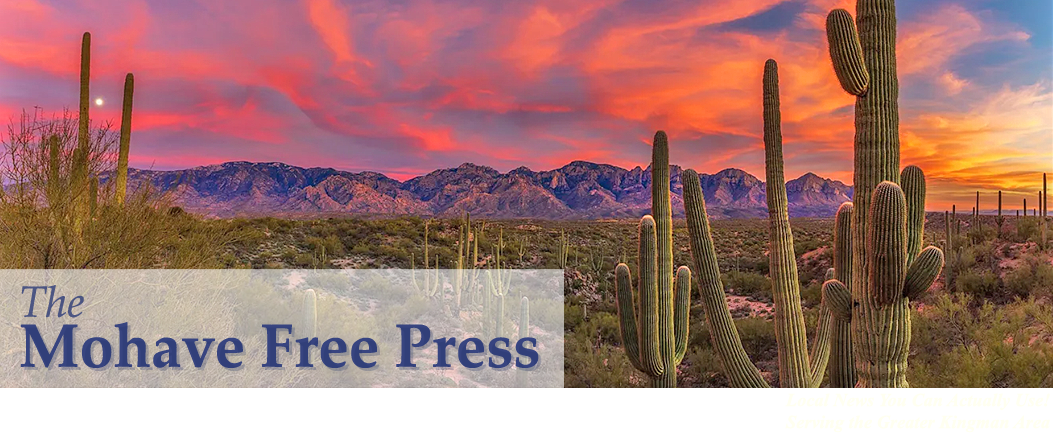Governor Katie Hobbs, a Democrat who assumed office in January 2023 as Arizona’s governor, has earned the moniker "Veto Queen" due to her unprecedented number of vetoes, surpassing all previous Arizona governors. By mid-2025, Hobbs had vetoed over 350 bills, breaking records set by former Governor Janet Napolitano, who vetoed 181 bills over six years. Hobbs achieved this in just over two years, with 143 vetoes in 2023, 73 in 2024, and 139 by June 2025.
Her aggressive use of the veto stamp stems from ideological clashes with the Republican-controlled Arizona Legislature. Hobbs has stated she aims to be a “backstop” against Republican legislation. This has led to a polarized legislative environment, with Republicans accusing her of partisan obstructionism, while she argues the bills she vetoes are often “solutions in search of a problem”. Here are some of her most controversial vetoes to date:
House Bill 2703 (2025): This Republican-backed bill aimed to speed up election results by prohibiting voters from dropping off early ballots at polling places on Election Day. Republicans, including Senate President Warren Petersen, called the veto a “huge mistake”, accusing Hobbs of undermining voter confidence. The veto fueled accusations of Hobbs obstructing “common-sense” election reforms, as Arizona’s slow vote counts have drawn national scrutiny.
Senate Bill 1164 (2025): Dubbed the “Arizona ICE Act,” this bill would have mandated state and local governments to cooperate fully with federal immigration authorities, aligning with the Trump administration’s immigration crackdown. Vetoed on April 18, 2025, it drew sharp criticism from Republicans, with the Republican Governors Association claiming Hobbs was soft on border security. The veto intensified debates over immigration policy, especially after voters approved a related 2024 ballot measure bypassing her.
Senate Bill 1109 (2025): Hobbs vetoed this bill aimed at restricting Chinese Communist Party (CCP) linked entities from purchasing land near military installations or accessing DNA technology. This veto was particularly contentious. Critics, including conservative commentators, labeled them as evidence of Hobbs’ partisan bias, with some questioning her motives. Hobbs provided no detailed public explanation, leading to accusations of prioritizing politic al ideology over state security.
Senate Bill 1441 (2025): This bill sought to make school district governing board elections partisan, a measure Republicans previously passed and Hobbs vetoed in 2024. Vetoed again on April 18, 2025, Hobbs argued that “partisan politics do not belong in Arizona’s schools,” a stance that angered Republicans who saw it as resistance to transparency in education governance.
These vetoes showcase her willingness to block high-profile legislation, often on divisive issues like elections, immigration, and education. Supporters view her as a defender of progressive values, while critics argue she dismisses policies benefiting families and taxpayers. Her vetoes have also drawn attention for their sheer volume—20 % of bills reaching her desk in 2024—prompting claims she governs more by veto than by compromise. Republicans plan to bypass her with ballot measures again in 2026, when Hobbs faces a tough re-election.

